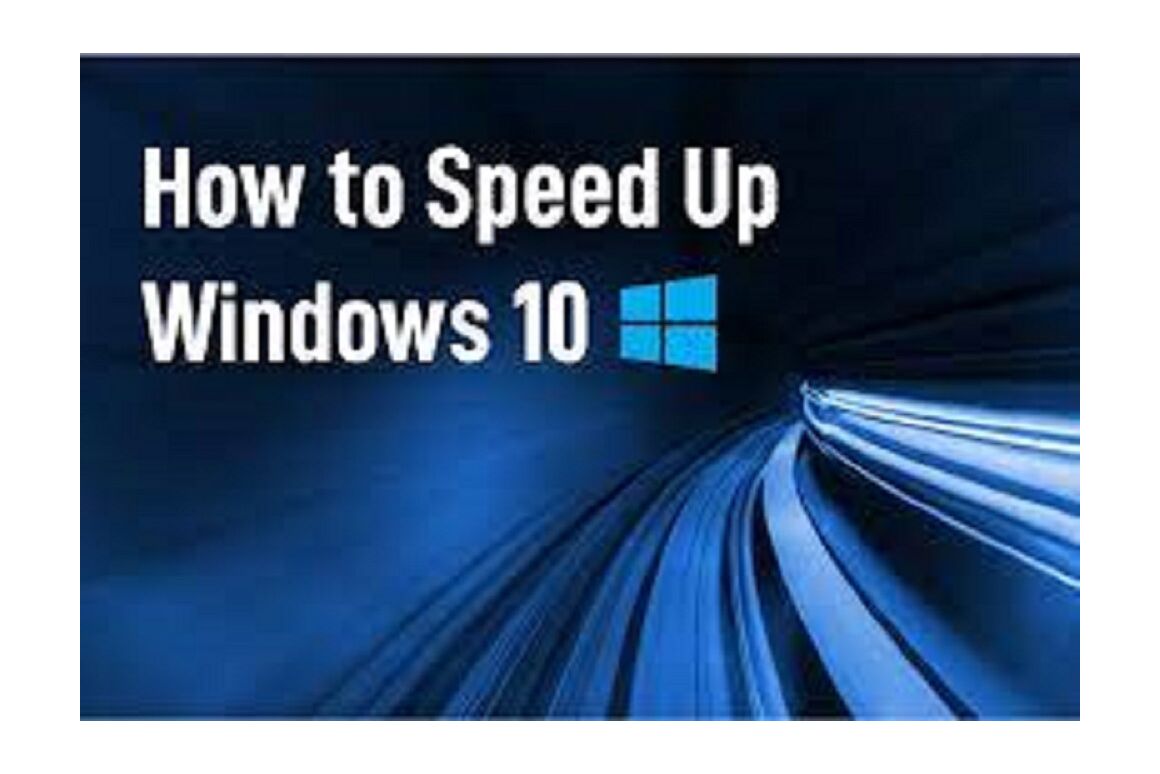How to Speed Up Your Windows PC

Introduction:
If you're experiencing slow performance on your Windows PC, it can be frustrating and impact your productivity. Fortunately, there are several steps you can take to potentially speed up your PC and improve its performance. In this guide, we'll discuss some of the most effective ways to speed up your Windows PC, including disabling unnecessary visual effects and services, adjusting power settings, cleaning up your hard drive, defragmenting your hard drive, and adding more RAM. By following these steps, you may be able to significantly improve the speed and overall performance of your Windows PC.
-
Requirements:
-
Steps to follow :
-
Disable unnecessary visual effects: Windows includes a lot of visual effects, such as animations and shadows, that can use up system resources. You can disable these effects to potentially speed up your PC. To do this, go to Start > Control Panel > System > Advanced System Settings > Performance > Settings, and select "Adjust for best performance."

-
Disable unnecessary services: Windows runs a lot of background services that you may not need. Disabling unnecessary services can free up system resources and potentially speed up your PC. To do this, go to Start > Control Panel > Administrative Tools > Services, and disable any services that you don't need.

-
Adjust power settings: Windows has power settings that can affect your PC's performance. To adjust these settings, go to Start > Control Panel > Power Options, and select "High performance."

-
Clean up your hard drive: Over time, your hard drive can become cluttered with temporary files, old downloads, and other unnecessary files that can slow down your PC. You can use the built-in Disk Cleanup tool to clean up your hard drive. To do this, go to Start > All Programs > Accessories > System Tools > Disk Cleanup.

-
Defragment your hard drive: Defragmenting your hard drive can help improve performance by rearranging data on the disk so that it can be accessed more quickly. To do this, go to Start > All Programs > Accessories > System Tools > Disk Defragmenter.

-
Add more RAM: If your PC is still slow, adding more RAM can help improve performance. Check your PC's documentation or use a system information tool to determine the type of RAM your PC uses, and then purchase and install additional RAM as needed.

-

